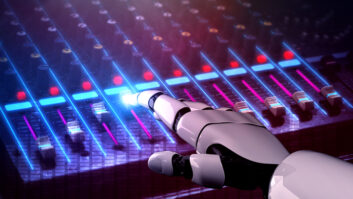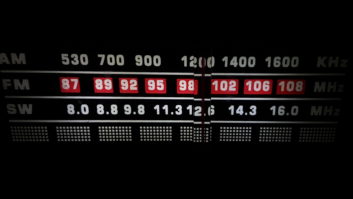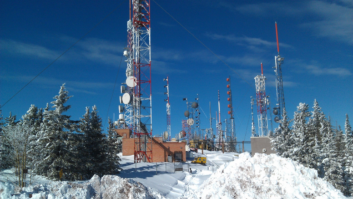Radio World’s Paul McLane recently shared with me the 2021 book by Mo Gawdat, “Scary Smart: The Future of Artificial Intelligence and How You Can Save Our World.”
Having read that tome as well as various recent articles and comments about the possible impact of AI, please excuse a seasoned and senior’s opinion, but I think that AI vis-à-vis broadcast radio is all very underwhelming.
Just a few nights ago I had a vivid dream about being on the air jocking and rocking in El Paso on KELP(AM) — halcyon, salad days never to reappear. In the intervening 55 years, we and the industry have gone through a sea change in both business and programming environments.
Most of the change has been stimulated by tools given to us (by the FCC and in commerce regulations) or that we’ve devised ourselves (automation, satellites, RPU, digital storage). And after all the hype, I think AI is just another tool in the toolbox, one that we can use either effectively or destructively.
I certainly don’t see it as a panacea, the great next big thing that will lead to radio’s salvation. Nor do I think it will destroy us.
At the end, it’s all about audiences and billings. So how will AI help or hinder us?
[Related: “10 AI-Based Tools for Radio”]
AI as a technology is basically a special sort of (somewhat) intuitive algorithm. It starts with our own thinking and progresses to the edges of permutation. Our fear of the ghost in this machine is that the progression will order up extremes — such as the AI that suddenly realizes the transmitter is off and turns it back on, overriding every software-based safety stop, while you’re inside, changing power supply components.
As with Asimov’s Laws of Robotics, which included a sort of a Hippocratic oath that robots should do no harm, we’ll have to put limits on AI. The machine might hear swear words in and around the station, but we need to teach it a list of nine verboten words so don’t go there (thank you, George Carlin).
Will AI develop the sophistication to concoct narratives of the quality of those never-ending shaggy dog stories by Jean Shepherd? Will it be able to synthesize empathy, compassion or emotion in general? Will it be believable, detectable, acceptable? Who knows?
A half-century ago, stations were programmed so tightly that for quality control they used what were essentially flip charts, a series of pablum intros and outros that kept the voices on the stations within the guardrails of “sound personality” and format.
Can AI deliver a synthesized voice modeled on a winning personality to cover this task? Absolutely. Imagine the sound samples in a Yamaha keyboard taken from the world’s best-sounding Steinway applied similarly to a voice. AI even at this moment can take text or voice input and transmute that directly into the distinctive tone and cadence of one of the legends like the unique great Derek Farlei (whom rumor suggests might be the air name for a certain Radio World contributor).
One wonderful upside to this is that all your AI air personalities will never die or ask for a raise or a day off.
But is any of this good or bad? We’re back to Buc’s mantra: It’s not what you got but what you do with it that counts.
AI can and undoubtedly will be used for many tasks in radio. How well or poorly is up to us. It has become another tool in the toolbox but will not change the landscape of radio. Only we, the real genius, can do that.







